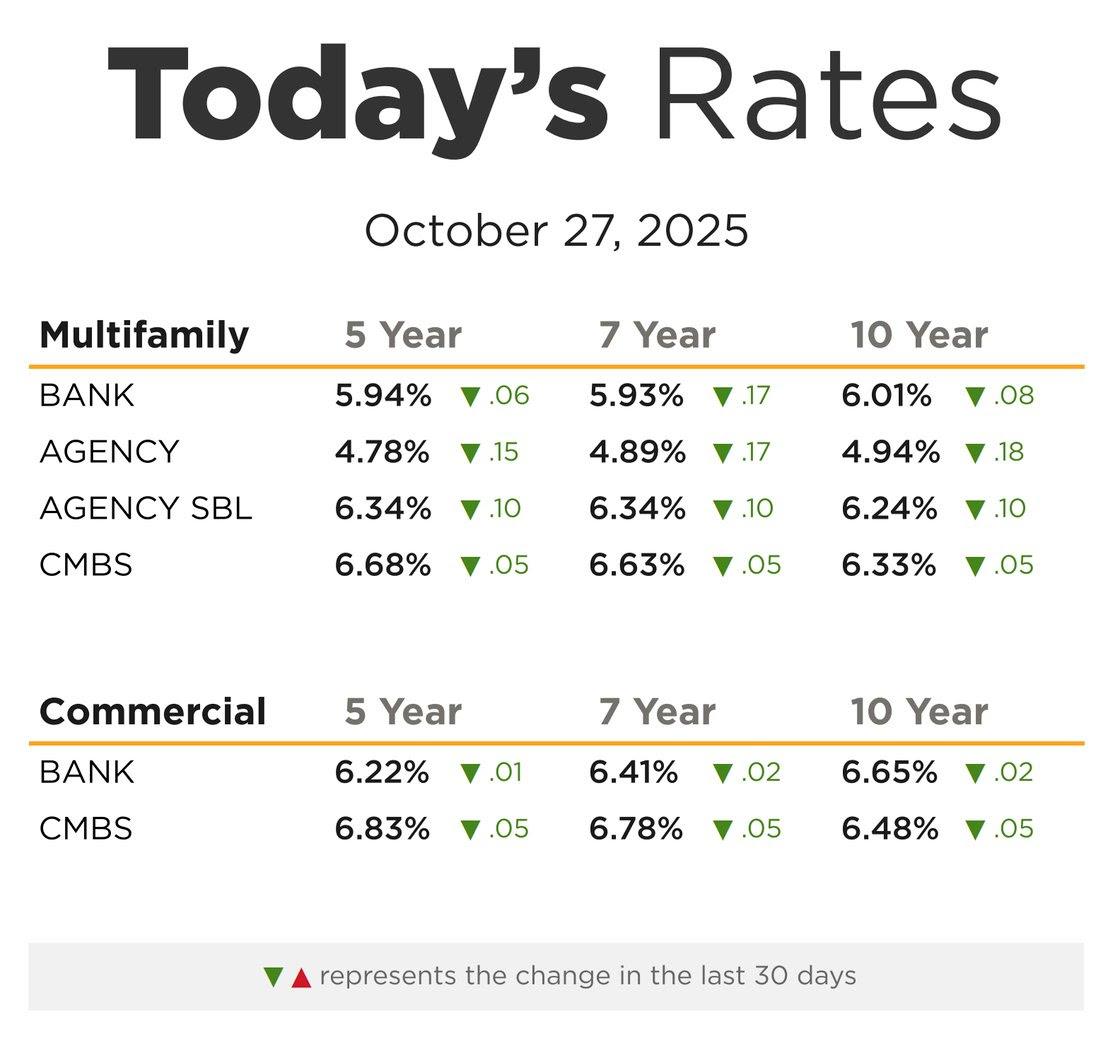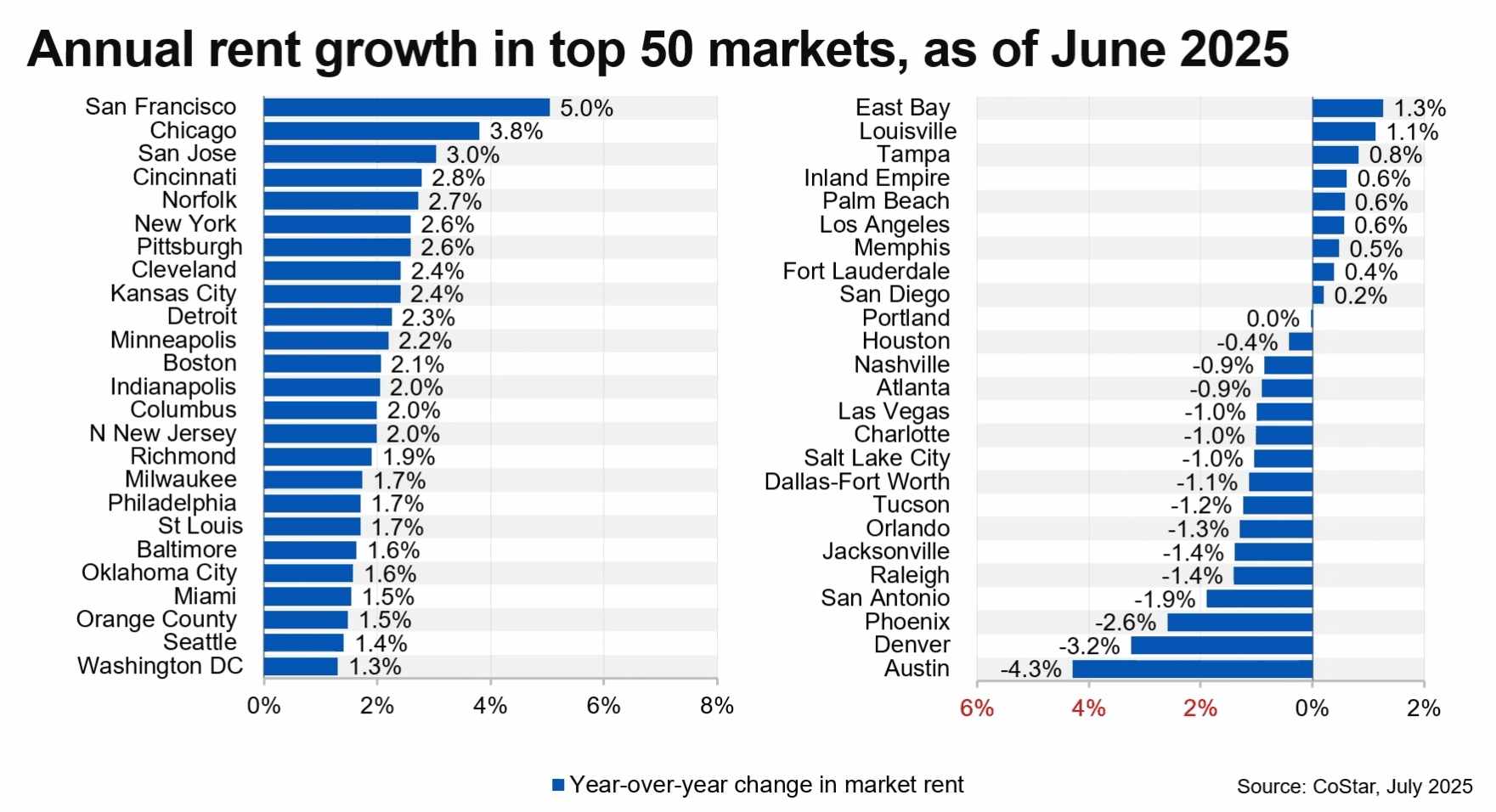Many landlords have eagerly been waiting for the end of the CDC eviction moratorium by the centers for disease control, which was supposed to come to an end back on March 31 of this year.
Before then, most property owners had only one question in their minds –
When Does Eviction Moratorium End?
Initially, the eviction moratorium was previously slated for the year ending 2020, but then was extended for another 3 months up to March 31. Then it was extended yet again, to June 30, 2021.
Truth be told, no landlord or property owner enjoys evicting a tenant, especially during these harsh economic times from the impact of COVID-19.
However, the property market has few options on the table, keeping in mind that there has been little or no government support to landlords.
Landlords were the most affected when the eviction moratorium was announced.
This is because many landlords are small or medium individual investors and businesses that cannot afford to allow nonpayment of rent for a long period of time.
Since most of the rental properties are owned by this group of investors, it would mean that they were the hardest hit due to tenants not paying rent.
After the extension of the eviction moratorium past March 31, it has left many landlords and property owners scrambling to be prepared for June 30, 2021, when the moratorium ends..
Landlords have some time to prepare for themselves regarding the next course of action towards people for not fulfilling their rental obligations and require rental assistance.
However, both landlords and tenants find themselves in a rather unique and difficult situation, since both parties have suffered the economic impact of COVID-19.
This means that any course of action by the landlord requires a delicate balancing act on their own interest, and that of the tenants who are facing similar financial challenges.
Here are some possible actions that landlords can take in preparation for when the eviction moratorium expires.
When the Tenant has Missed Paying Rent for a Number of Months
This is a very unique situation for landlords, especially if the tenant is in default for nonpayment of rent for six months or more.
Under normal circumstances, it is expected that the landlord would have already evicted the occupant before the rent in default accumulated to that extent.
Even the rental deposit by the occupant is not nearly enough to cover for the arrears and the tenant would require additional rental assistance.
As a landlord, commencing eviction proceedings is the best recourse once the eviction moratorium expires.
It is extremely important that you do not initiate the eviction proceedings after evicting the tenant. This is because once you evict the person; you no longer have any contractual agreement with them.
Make the decision to either initiate the eviction proceedings to recoup the rent in arrears or go the eviction way once the eviction ends.
Going the Court way is the best option to recover the rent in arrears.
With that said, there are a number of issues you need to consider if you decide to pursue the eviction proceedings legally.
Currently, there is a huge backlog of cases at the courts, which means that your case might take some time before it is heard.
There are tenants that are protected from eviction, especially during the period when the eviction moratorium is in force. However, not all tenants qualify for protection.
Even if you take the person to court, there is no guarantee that they will be able to pay the money owed.
If possible, explore every other option available before initiating eviction proceedings.
These could include rent reduction and an effective repayment plan.
These strategies will enable you to recoup the accrued rent, while at the same time offering the residents a roof over their head in the aftermath of COVID-19.
This is the period that most tenants need rent assistance as a result of a decline in household income.
When the Tenant has Missed Paying Rent for One or Two Months
Before COVID-19, landlords would initiate eviction proceedings almost immediately once a tenant was in arrears.
There were house seekers wondering – where can I getrenovated 1 bedroom apartments near me?
However, it is general knowledge that no tenant wishes to be evicted and will do everything to avoid eviction.
Eviction moratoriums are part of the Cares Act where tenants are protected from being evicted.
The Cares Act also covers state eviction, as well as requiring landlords to issue an eviction notice before initiating the process.
In the aftermath of the coronavirus pandemic, you might want to change the way you approach the situation after the eviction moratorium ends.
It may not be in the best of interest to go the eviction way.
Some of the things you should look at as a property owner are things like the track record of the occupant and current and future employment status.
Others are stimulus checks as part of federal moratorium, any rental assistance program that is part of the federal moratorium and the current market conditions.
For example, it could be that one of your tenants has stayed in your property for a number of years.
Due to COVID-19, the tenant ends up losing their job. It may be worth considering the rental history the tenant has with you and even after losing the current employment, if they have a number of interviews coming up.
It would be wise to explore alternative options as opposed to evicting the tenant.
Remember, nobody knows what the post-pandemic period will be like, hence retaining a good tenant, even at your expense, may be worth it.
The situation gets more complicated only when you are dealing with an individual with several months of rent arrears.
You might be left with no option but to go the eviction way and fill the space quickly in order to overcome any financial hardship you might be facing.
What Should Happen If Eviction Is The Only Option?
If eviction is the only option that you have, then there is the right way to go about it. During this period, eviction should be a matter of last resort.
With the eviction moratorium going past the initial March 31 end date, everyone is looking towards June 30, 2021.
This means that for the period before June 30 2021, the eviction moratoriums will still be in place.
These moratoriums will protect tenants from eviction for not paying.
The Disease Control and Prevention Unit that regulates CDC eviction means that if a tenant cannot pay rent, they are protected from eviction.
Many people are going through difficult times and if you decide to evict non-paying tenants, first establish what the law says about such evictions.
Secondly, make sure that you have a valid reason to evict your tenants, such as nonpayment of rent.
It is also important that you try to talk to your tenants for possible alternative measures as opposed to evicting them.
Sending a formal notice is also a requirement under the law when carrying out eviction.
If the individual has failed to vacate the property, then file for eviction proceedings with the court.
During the proceedings, provide all the documentation possible to show that you took all of the necessary steps, then claim the outstanding amount.
Bottom Line
Since many people are in financial distress, do not rush into making a decision on what is the best recourse in cases of rent default.
Of course landlords too are suffering due to loss of rental income, so it is understandable when evicting people is the only option.
If there are alternative options, however, try as much as possible to explore such options for you to recoup the accrued amount.
Receive Market Insights
Periodic analysis on rents, pricing, cap rates, and transaction activity across Chicago and key suburban markets.



